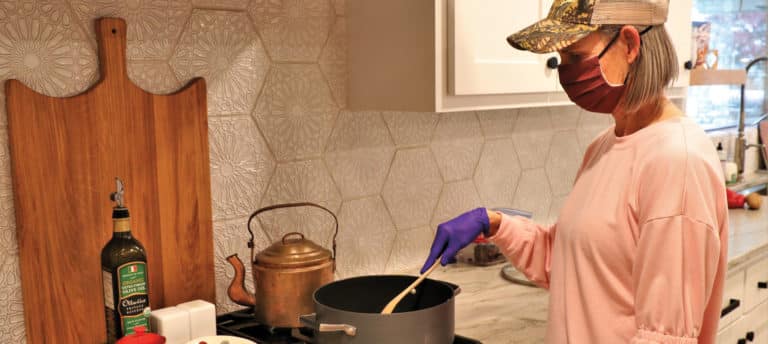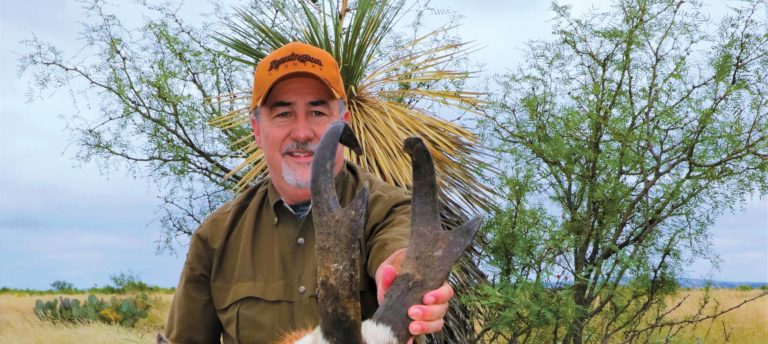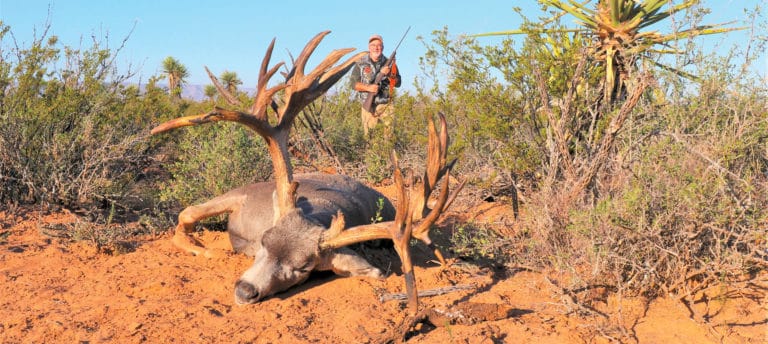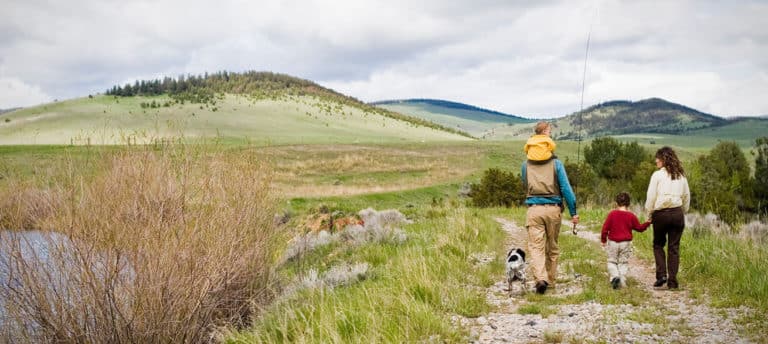When COVID-19 showed up in earnest last March here in the U.S., who would have envisioned that our world would still be so encumbered by this dreadful virus? About the time that it seemed as though our society was beginning to move in a direction of getting back to our normal daily routines and practices, prevalence rates of COVID-19 spiked in many areas of the country, reminding us that it’s still too early to let our guard down regarding safety measures that address disease transmission. For those business proprietors who are running hunting, fishing and other nature-based operations with lodging, there are several steps you can take to help mitigate concerns associated with COVID-19.
COVID-19
The Wild Side of Business: Business Lessons from COVID-19
For those proprietors who are in the outdoor recreational travel industry, such as hunting and fishing outfitters, and eco-tourism professionals, there are several obvious epiphanies that the COVID-19 experience has granted us. It is up to the business owner to channel these experiences into strategies for catering to clients and creating business safeguards that may perhaps soften the blow in dealing with future challenges.
COVID-19 Challenges & Silver Linings
Domestically, there are no hunting operations in the U.S. that are fully immune to the impacts of C-19 and a hammered economy. One could surmise that things could have been worse if this C-19 crisis would have hit during the Fall hunting seasons, but none the less, there are some hunting operations that had a large volume of business on their calendar for March, April and May. My business, Wildlife Systems, Inc. (WSI), had roughly 100 hunters scheduled on various hunts from March 15–May 1, and I spent the better part of three weeks sorting out contingency plans with those clients.
The Effect of COVID-19 on the Land Brokerage Industry
In speaking with Fay Ranches agents located coast to coast in the United States over the past few days, each has remarked that their land investor clients are contemplating moving their families to their land to insulate themselves, to socially distance themselves.



